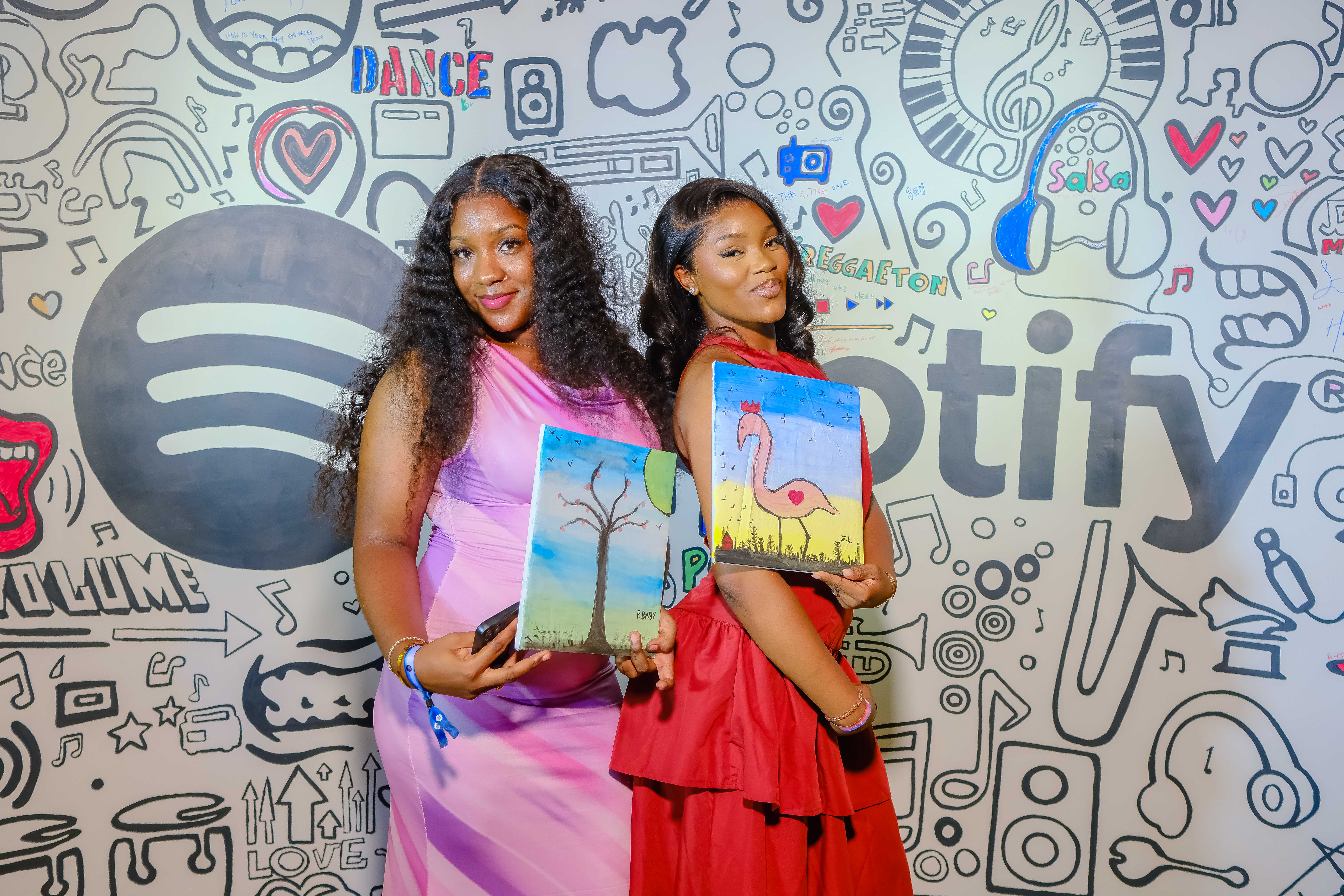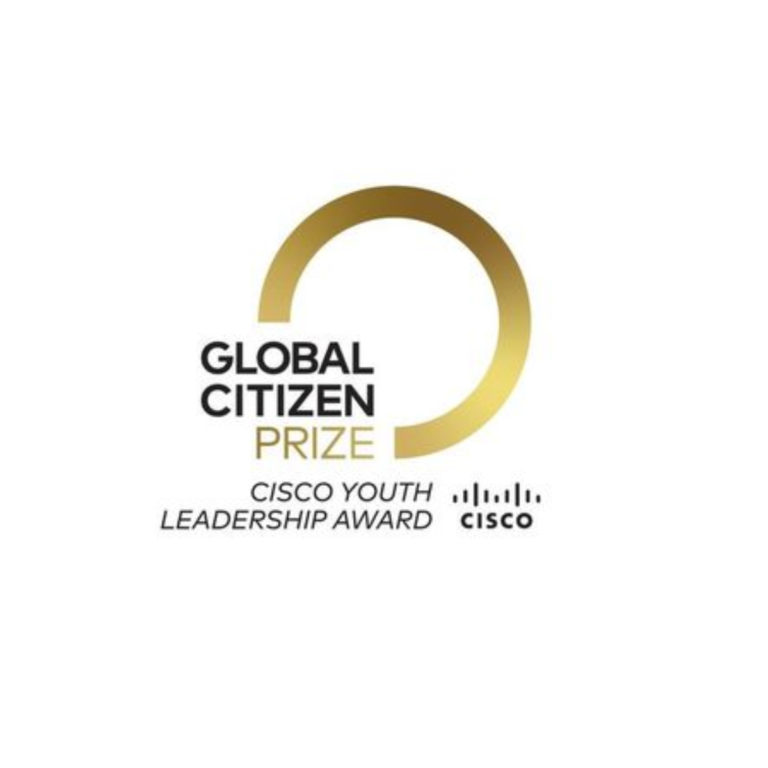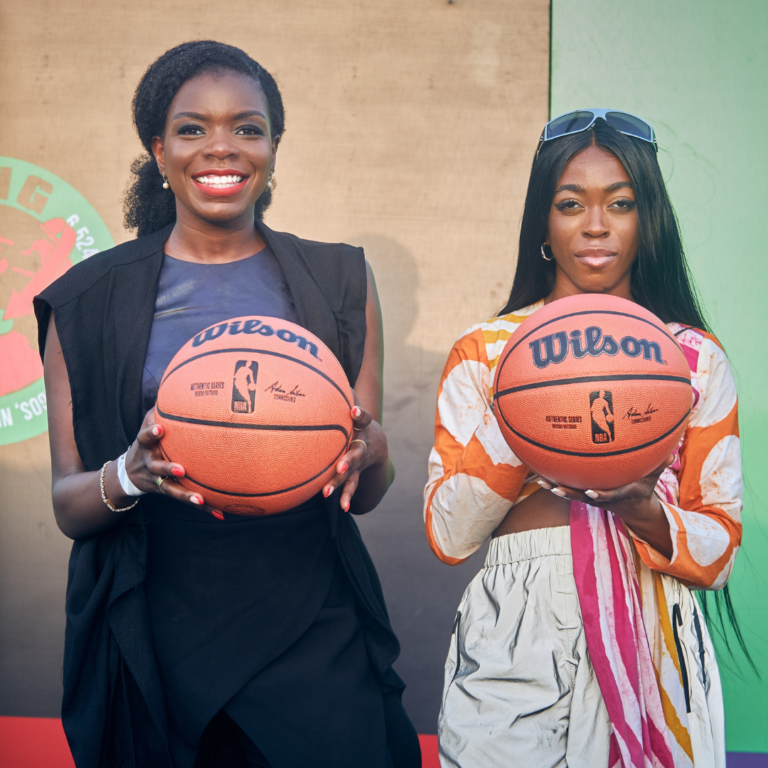Ensuring that Valentine’s Day fell within ten-day chocolate marketing period may have been a masterstroke for Ghana’s chocolate marketers. But they were also helped because a campaign launched 15 years ago to encourage local consumption of chocolate is beginning to bear fruit.
By Zubaida Mabuno Ismail, bird story agency.
“I have run out stock of Kingsbite milk chocolate, I only have the love chocolate (chocolate from Turkey),” announces a vendor stationed at the Dzorwulu junction in a suburb of Accra. It’s Valentine’s Day, February 14, 2022 and already vendors are selling out of Ghanaian chocolate.
That is a measure of success for the organisations behind Ghana’s National Chocolate Week Celebration, an annual marketing drive that was begun in 2015 and which is beginning to change the narrative on chocolate.
It’s also great news for the Ghana Cocoa Processing Company, which sells seven main brands of chocolates – including Kingsbite.
Three private firms — Chocolate 57, owned and run by London-based sisters, Priscilla and Kimberly Addison, Niche Cocoa and Cocoa Liquor Company-GIHOC Distilleries are the other key partners behind the country’s annual Chocolate fete. According to the managing director of the state-run Ghana Cocoa Processing Company, Nana Agyenim Boateng, more and more stakeholders are being drawn in every year.
It may have been luck that this year, Valentine’s Day fell within the 10-day chocolate fete, scheduled to run from February 12 to February 22 but the Valentines Day slogan, “Eat Chocolate, Stay Healthy, Grow Ghana; Our Chocolate, Our Health, Our Wealth” left no doubt as to what the day was meant to be about.
Valentine’s gift boxes and bouquets invariably contained a bar of Kingsbite Milk Chocolate.
Board member of the country’s COCOBOD, Naa Adwoa Dokuah, explained the celebrations’ origins – and why the board shares chocolate bars each year with the Darbah community in the Atwima Nwabiagya North District to share bars of chocolate to pupils.
“The national Chocolate Day celebration idea was mooted by former tourism minister Jake Obetsebi Lamptey during ex-President John Agyekum Kufour’s tenure and this is an opportunity to honour the president in his hometown,” he said.
Ghana has had plenty of chocolate visionaries. The first was the late Tetteh Quarshie. Quarshie is credited for bringing the first cocoa beans to the then Gold Coast in 1879. The agriculturalist planted the beans on his farm at Mampong-Akuapim, a town in the Eastern Region but little did he know that his discovery would later be the lifeline to his country’s economy, becoming an important part of the country’s export.
Born in 1842, Quarshie did not witness his country’s first official export of two cocoa bags in 1893, as he died on Christmas Day, 1892. But by 1910 Ghana was already the world’s largest exporter of cocoa and produced almost half of the world’s output until 1978, when Ivory Coast overtook Ghana as the largest producer.
Although cocoa beans originated in South America, the majority of the world’s annual crop is grown in Africa, and the 2017-2018 African harvest amounted to around 3.5 million tons. The top two producers are Ghana and Ivory Coast, with Ivory Coast producing more than twice the volume that Ghana does. Some three million people work in the industry in those two countries.
In 2015, while the world’s cocoa farmers received about 8 billion US dollars in revenue, the world chocolate market was valued at 110 billion US dollars, according to the African Development Bank. Ghana wants to retain far more of the chocolate market value than it currently does, by developing its domestic chocolate market and relying less on exports of unprocessed beans… basically changing the narrative from “raw cocoa exporter” to “processed chocolate consumer”.
To boost local cocoa consumption, in the academic year 2017/18, the government introduced a hot chocolate programme for senior high school students in the country. The country also encourages an interest in cocoa and chocolate production, at school.
School principal Lawrence Ahiagbor said that the strategy not only encourages learners to become familiar with chocolate as a local product but also promotes its consumption. Surprisingly few learners know about cocoa or chocolate, especially in the country’s north.
“Since cocoa is not something that is produced in the northern part of Ghana. Most of our learners would have seen it for the first time in its real essence and not in pictorial form. They would also learn the act of sharing and then begin to develop an interest in cocoa made products in Ghana,” Ahiagbor said.
One of those who got to enjoy chocolate products at the annual fete was Kanitatu Abdul-Latif, a pupil of the Alhassan Gbanzaba Memorial School in Ghana’s Northern region. She was fascinated with chocolate saying she had only seen the cocoa pods either in photos or television.
“I only see cocoa on television so seeing it today (chocolate day) brings me joy. Again, I have learned about other products produced from cocoa. Thank you for bringing us cocoa,” she said with a smile on her face.
Mohammed Farakhan, another pupil, enjoyed the celebration, too.
“I see today as a day to honour the cocoa farmers and the celebration in school is our way of saying thank you to the farmers.”
Latif said.
Cocoa is mainly grown in the country’s forested areas of Ashanti, Brong-Ahafo, Central Region, Eastern Region, Western Region, and Volta, where rainfall is 1,000–1,500 millimetres per year.
While the global price of cocoa beans can fluctuate considerably, the price has gravitated been between 2,000 and 3,000 US dollars per metric ton for the past few years.
So while it may have been luck that Valentine’s Day this year fell during the annual Chocolate Week Celebration, it was no coincidence that it was chocolate, not flowers, that marketers across the country, were pushing on the day.
<script src=”https://bird.africanofilter.org/hits/counter.js” id=”bird-counter” data-counter=”https://bird.africanofilter.org/hits/story?id=6213b89ed5453f06505f5bde&slug=valentine-s-why-only-give-flowers-when-there-s-chocolate” type=”text/javascript” async=”async”></script>



